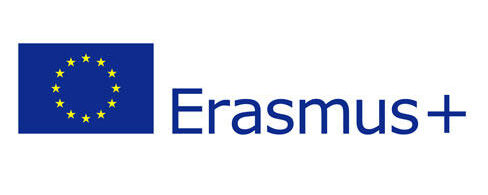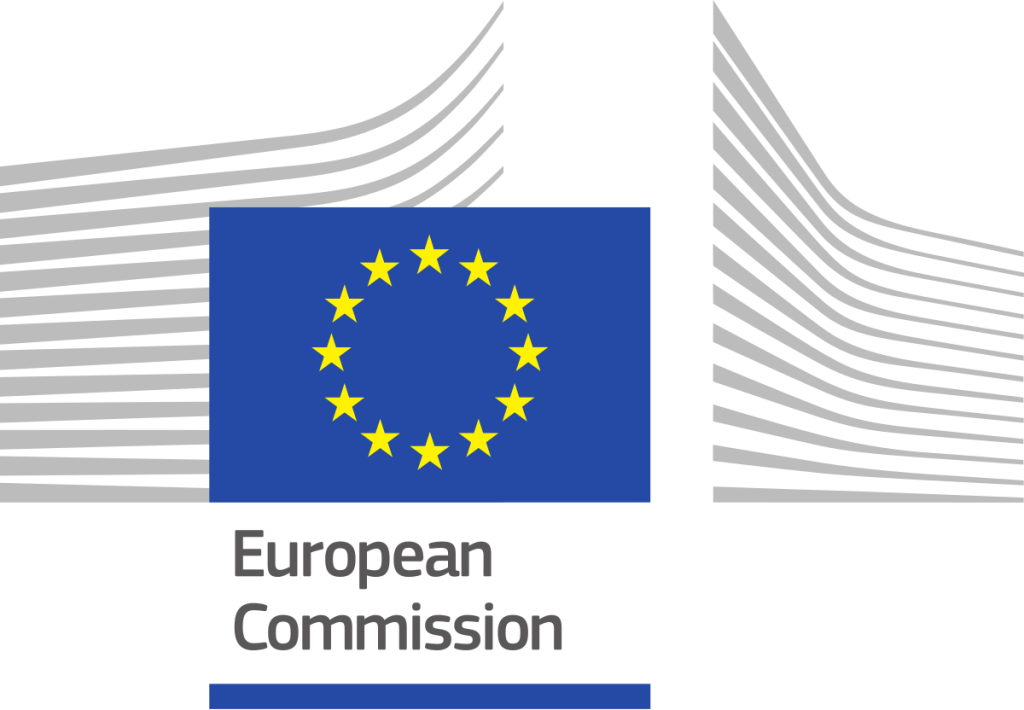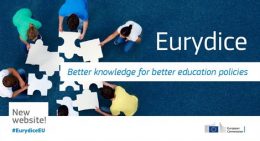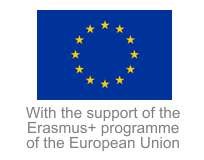National Erasmus + Office +382 20 223 087
Tempus in Montenegro
The key moment that marked the beginning of TEMPUS III in Montenegro is the fact that this overlapped with the beginning of higher education reforms in Montenegro, further interest in Bologna process and implementation of its principles. Namely, European Commission directed Tempus III towards Bologna process and support to HE reform in accordance with Bologna principles. Ministry of Education and Science decided to support such framework and it was step forward towards harmonisation of HE development policy in EU and national concept of HE in Montenegro. Montenegrin authorities agreed to direct the Tempus priorities to support the implementation Bologna Process.
Tempus priorities were set up jointly by the European Commission and Ministry of Education and Science.Signing Bologna Declaration in September 2003 at teh Ministerial Conference in Berlin, Montenegro officially joined pan-european initiative which had as an ultimate aim to create european higher education area till 2010.

Tempus objectives were realized through joint european project (which aimed at restructuring of curricula and modernization of study programmes, teaching methodologies etc.), structural complementary projects (which provided framework for short term responses to particular needs of Montenegro) and individual mobility grants (which enabled professors and students to spend some perios in EU countries and exchange experience, make project proposal, participate in specific events such as conference, congres etc).
Annual budget for Montenegro was 0.5 m euros. The total budget for TEMPUS III, which was used in Montenegro, amounts to almost 3 m euros for the period of 6 years. The utilization of the budget per year is almost 95%.
The added value of Tempus programme is that it created framework for establishment of intensive cooperation with the universities from EU, exchange of academic staff and students and harmonisation with the newest trends in HE. It enabled Montenegrin university to initiate new partnership with the universities from EU and to reestablish and strengthen cooperation with EU universities.
During the Tempus III phase, Joint European Projects have been supported, covering different areas, such as economics and management, electrical engineering, information technology, medicine, natural sciences, law, education and teacher training, and multidisciplinary projects. Among curriculum development projects, it is important to mention some of the major projects that made a contribution in this field: one project contributed to the revision and upgrading of undergraduate studies at the Faculty of Economics (“Upgrade Undergraduate Business Studies in FRY”) and was the first to address the revision of all the courses at undergraduate level in one faculty; the project “Development of a BSc(Hons) Accounting and Finance Degree for the University of Montenegro” was intended to develop a new study programme in accounting and finance; the project “Revised and Updated Courses in Natural Sciences at the University ofMontenegro” enabled the revision of curricula at the Faculty of Natural Sciences that encompasses mathematics, physics, biology and computer sciences. The Faculty of Electrical Engineering was successful in revising the programmes in the field of applied computer engineering through the project “Curriculum Development of Graduate Studies in Applied Computer Engineering and Internationalisation of FEE Graduate Studies”; and a new academic study programme was introduced through the project “Introduction of a new study programme in Applied Electronics”. The Project “Reform of Curriculum Content for Undergraduate Medical Education at the University of Montenegro” contributed significantly to the revision of studies in the Medical Faculty, enabling the capacity development of teaching staff, an upgrade of laboratories, students’ exchanges, etc. Each of these curriculum development projects can serve as examples of good practice. In spite of a very limited budget and very demanding application forms, Tempus managed to maintain a high rationale and a good response from the academic community. As regards university management, projects focused on quality assurance in higher education, university management, the development of strategic plans, international relations, etc. As far as Structural and Complementary Measures (SCMs) are concerned, the Ministry of Education and Science was very involved, since it addressed some very specific issues of higher education through those measures, including the issue of recognition – achieving the objectives of the Lisbon Recognition Convention, NQF, a national team of Bologna promoters, international relations at the University of Montenegro etc. As part of the project on recognition (“Development of ENIC in Montenegro”), carried out in cooperation with partners from Slovenia and the Netherlands, the new Act on the Recognition and Assessment of Foreign Educational Certificates was created, and adopted in the Montenegrin Parliament in January 2008. As regards the NQF, the Tempus project carried out with partners from Germany and Latvia (CO41A06 – 2006 “Creation of a National Qualification Framework in Higher Education in Montenegro”) helped Montenegro compare experiences of two countries and creates an NQF for HE. In 2008, the Government adopted the Strategy for the Establishment of an NQF in Montenegro. In accordance with the Strategy, a National Qualification Framework Act has to be created in 2010. The NQF will be based on the European Qualification Framework model, encompassing the whole of education, and creating possibilities for inclusion of life-long learning in the framework. Each Tempus curriculum reform project directly or indirectly contributed/is helping improve the quality of education in the field concerned, through upgrading teaching methodologies, capacity building of academic staff, student mobility and the recognition of periods spent abroad, development of teaching facilities, fostering cooperation with HEIs in the EU and in the region, etc. Tempus IV introduced innovative elements which enabled HEIs to think more in regional terms and drew more attention to the establishment of stronger links between higher education and society as a whole. Reforms of curricula remain high on the priority list in Tempus IV too. Although significant improvement has been achieved during Tempus III in this respect, further effort is still needed so as to achieve the following: higher efficiency of study programmes, more thorough work on defining learning outcomes and how credits for study programmes should be allocated, the development of quality assurance systems and embedding a quality assurance culture at the HEIs, further improvements in accreditation processes and strengthening the capacity of the Council of Higher Education, which functions as an accreditation body in Montenegro. The regional projects supported under Tempus IV and currently running focus on some of the most important aspects of higher education in Montenegro, such as establishing stronger university-enterprise cooperation, as well as stronger connections between higher education and research. The projects concerned are entitled “Opening University towards Society – Linking Education, Research and Innovation” and “Creating Research and Development Capacities for Boosting Higher Education/Economy Cooperation”. The project “Matching Competences in Higher Education and the Economy: from Competence Catalogue to Strategy and Curriculum Development” is intended to develop and advance methodologies and tools for assessing the match between skills and competences developed by institutions of higher education and those required by the labour market, and accordingly to develop recommendations for curricula adaptation. The Faculty of Tourism and Hotel Management is involved in this project, which is important because tourism represents one of the country’s strategic orientations in general. The project “Introduction and Implementation of an Academic Programme in Community Youth Work (CYW) through enhancing Interregional Cooperation in the Countries of Western Balkans”, also concerns important topics which will boost collaboration between the civil sector and academia, rendering cultural, educational, ownership-based or ethnic barriers obsolete. Because they are regional projects, an additional value is attached to them as they allow for the possibility of addressing common problems, and try to find common solutions at a regional level. The EC budget for Tempus in Montenegro has been fully absorbed over the past years. The added value of the Tempus programme is that it creates a framework for the establishment of intensive cooperation with EU universities, the exchange of academic staff and students and harmonisation with the newest trends in HE. It has enabled Montenegrin HEIs to initiate new partnerships with EU universities and to reestablish and strengthen cooperation with those universities.
Statistics
Number of projects in which one or several institutions in the country have been involved (as coordinator, contractor or partner)
| TEMPUS
I and II |
TEMPUS
III |
TEMPUS
IV |
|||
| 1990-1999 | 2000-2006 | 2008 | 2009 | 2010 | |
| Joint European Projects (JEP) | – | 15 | 4 | 4 | 1 |
| Structural & Complementary Measures (Tempus III) Structural Measures (Tempus IV) | – | 10 | 3 | 0 | 3 |
| Total | – | 25 | 7 | 4 | 4 |






